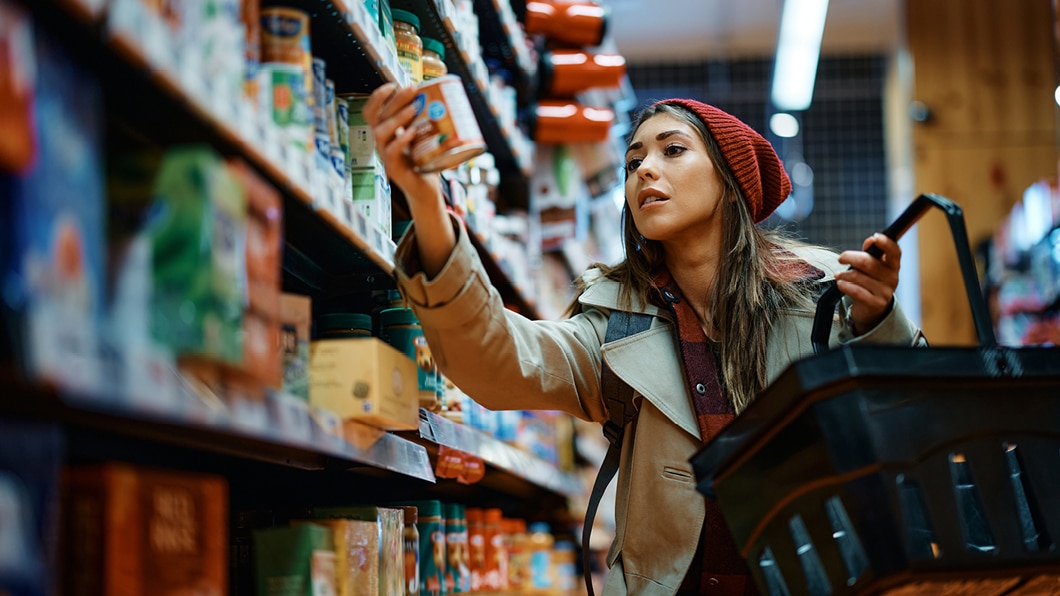In the UK there are no standard rules for producing environmental labels or making environmental claims so the industry is open to a wide range of company produced standards that allow claims to be made which are not always backed up in statistical data.
The government does however have plans to develop standardisations which will provide a unified approach to calculating the environmental impact of food. This in turn will mean that all claims will need to be backed up by data in a drive towards integrity and transparency within the supply chain.
Whether this government drive will provide consumers with the relevant information required to make more sustainable food choices is open for debate. The UK’s complex farming systems and their effects on the environment are difficult to measure and over simplifying could then mislead consumers as a result.
Environmental and sustainability scores could likely drive consumers in different choices to other labelling initiatives, such as nutrition and production system labelling. For example, free range systems are likely to have higher eco-scores than indoor systems. Another example is that one study has shown that products with the lowest environmental impact are sugary drinks and the highest environmental impact came from products such as meat, fish and dairy.
Standardisation
Many food retailers have started to print their own standards of eco-labelling on product packaging. The market is being driven towards this change by the UK public with food production responsible for around 37% of greenhouse gas emissions causing damage to the climate. If consumers were aware of the lower emissions in many cases that are associated with plant-based foods, there is data to suggest that this would move sales over to meat free produce.
Reewild a climate-reducing organisation reports that eco-labelling is an effective way for changing consumer habits. They claim that more eco-friendly products are selected up to 50% of the time when eco-labelling is used. Reewild is calling for a UK-wide mandate on such packaging changes.
France and Denmark have both begun the process of making food climate impact labels a legal requirement with the new law being in place sometime in 2024.


Recent Comments